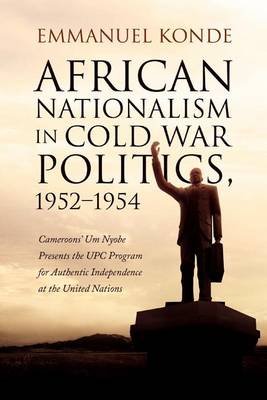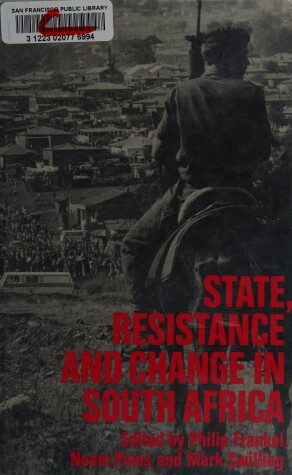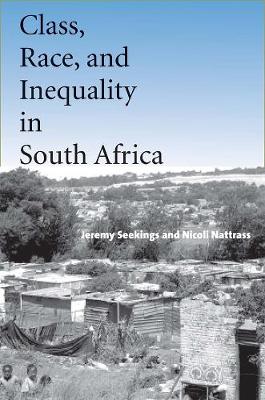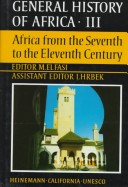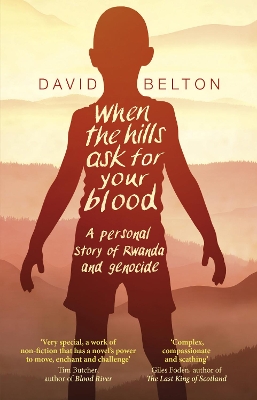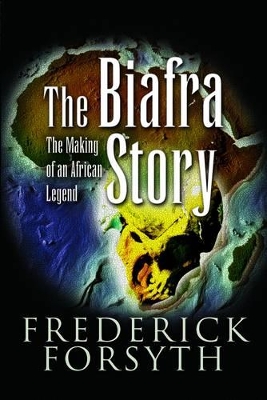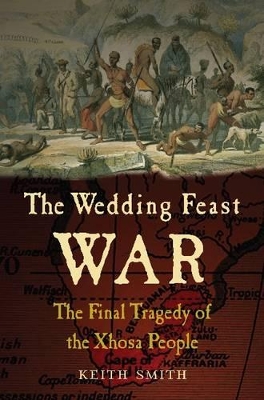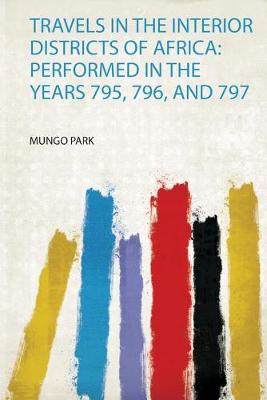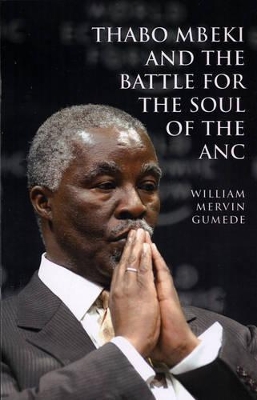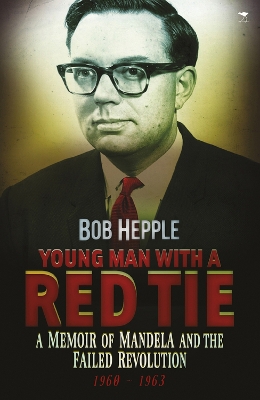This essential book offers a compelling and original interpretation of the rise of military aviation. Jeremy Black, one of the world's finest scholars of military history, provides a lucid analysis of the use of airpower over land and sea both during the two world wars and the more limited wars of the twentieth and twenty-first centuries. Considering both the theory and praxis of air power, the author begins with hot air balloons, and then highlights the use of zeppelins, piston engine fighters...
Born in Nova Scotia, William Stairs (1863-1892) was commissioned in the British Army. Weary of peacetime soldiering, he volunteered in 1887 to take part in Henry Stanley's final trans-African expedition to rescue Emin Pasha, the last survivor of "Chinese" Gordon's lieutenants in the Sudan. The expedition emerged three years later in Zanzibar, a reluctant Pasha in tow, having left a trail of havoc and suffering behind it. Stairs promptly volunteered for a second expedition in Africa to secure Kat...
Black Africa in Time Perspective
This book contains four talks given in 1988-89 by British historians on black African themes. They aim to set recent developments within a long-term historical perspective, and draws attention to the forces that are shaping societies. It is hoped that by delineating the major features of the common past of black peoples on the continent, their role in the future may be more constructively assessed.
In the wake of unthinkable atrocities, it is reasonable to ask how any population can move on from the experience of genocide. Simply remembering the past can, in the shadow of mass death, be retraumatizing. So how can such momentous events be memorialized in a way that is productive and even healing for survivors? Genocide memorials tell a story about the past, preserve evidence of the violence that occurred, and provide emotional support to survivors. But the goal of amplifying survivors' voic...
This book examines the relation between the state, business, the military and the formation of policy when the basis of the state is under attack.
The distribution of incomes in South Africa in 2004, ten years after the transition to democracy, was probably more unequal than it had been under apartheid. In this book, Jeremy Seekings and Nicoli Nattrass explain why this is so, offering a detailed and comprehensive analysis of inequality in South Africa from the midtwentieth century to the early twenty-first century. They show that the basis of inequality shifted in the last decades of the twentieth century from race to class. Formal deracia...
Somalia, the New Barbary? (Columbia/Hurst)
by Professor Martin N Murphy
When The Hills Ask For Your Blood: A Personal Story of Genocide and Rwanda
by David Belton
'Tremendous. A moving and haunting tribute to the human spirit' WILLIAM BOYDInto the heart of a genocide that left a million people dead6 April 1994: In the skies above Rwanda the president’s plane is shot down in flames. Near Kigali, Jean-Pierre holds his family close, fearing for their lives as the violence escalates. In the chapel of a hillside village, missionary priest Vjeko Curic prepares to save thousands of livesThe mass slaughter that follows – friends against friends, neighbours agains...
This is the book which marked Frederick Forsyth's transition from journalist to author. A record of one of the most brutal conflicts the Third World has ever suffered, it has become a classic of modern war reporting. But it is more than that. It voices one man's outrage not only at the extremes of human violence, but also at the duplicity and self-interest of the Western Governments ' most notably, the British, who tacitly accepted or actively aided that violence.
Wedding Feast War: The Final Tragedy of the Xhosa People
by Keith Smith
The last of the nine Frontier Wars fought between 17991877 was in many ways a 'prequel' to the more famous Zulu War of 1879, featuring as it did many of the British regiments and personalities who were to fight at Isandlwana, as well as being the final defeat of the Xhosa people and their reduction to lowly workers for the colonists. This war saw conflict between the British authorities (the governor-general and the commander-in-chief) and the government of the Cape, leading to the dismissal o...
Origines, Ou Etymologies Generales Des Noms Tantanciens Que Modernes Precedees (Histoire)
by Parad-J-A
Thabo Mbeki and the battle for the soul of the ANC
by William Mervin Gumede
As a spokesman for a country, a continent and the developing world, Thabo Mbeki plays a crucial role in world politics, but to many people he is an enigma. Is this simply because Mbeki is a secretive man, or are there complicated political factors at play? In this book, experienced journalist William Gumede pulls together the insights he has gained from years of reporting on the Mbeki presidency to create a sophisticated but easy-to-read account of South Africa's seat of power. He explores the c...
Secret History of the English Occupation of Egypt
by Wilfrid Scawen Blunt
'The Secret History of the English Occupation of Egypt' is an inside look at the political machinations that were shaping Britain's diplomacy in a turbulent time. First published in 1871, Egypt was in political turmoil, as Britain stepped in ostensibly to take control of a nation which owed it vast sums of money. But there were other reasons, and deeper complications, which the author details through the course of this fascinating work.
Le Desert Et Le Soudan (Classic Reprint)
by Stanislas D'Escayrac de Lauture
By November of 1963, the white police state of South Africa had managed to capture nearly all of the underground leaders of the antiapartheid movement-including Nelson Mandela-and had put them on trial on charges that carried the death penalty. Among the arrested was Bob Hepple, a 29-year-old lawyer who would subsequently escape to the neighboring British Protectorate of Bechuanaland. In this memoir of these dramatic events, Hepple throws fresh light on the character of Mandela and other leaders...


